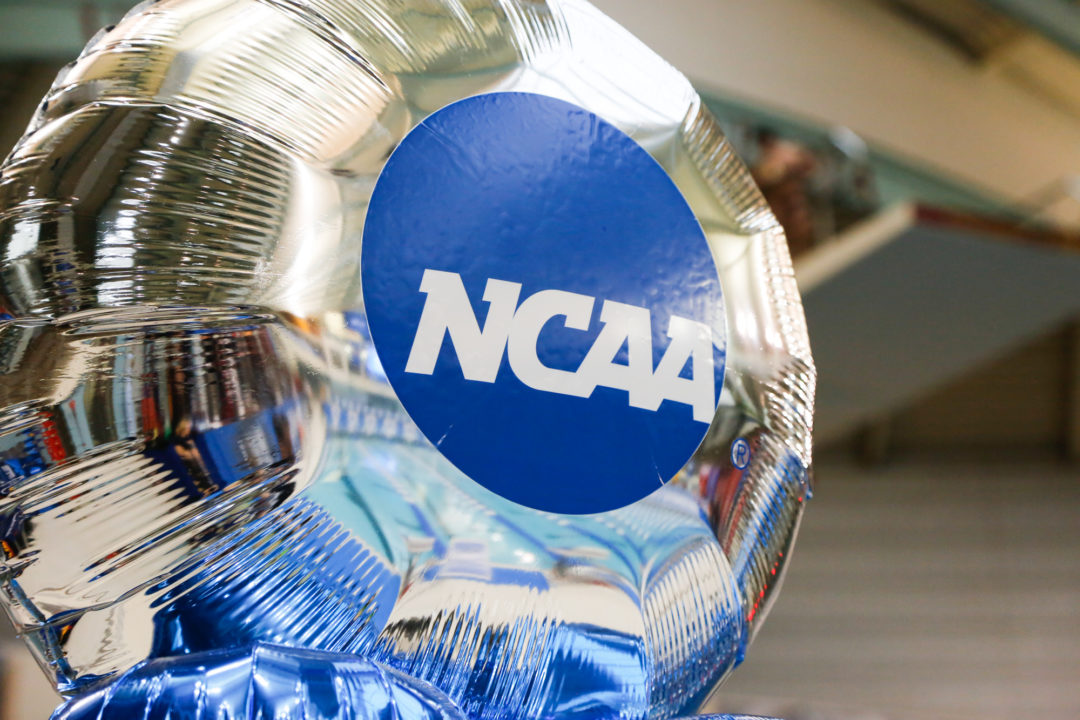The NCAA‘s Division I Council says it will adopt new rules regarding eligibility for transfers, rather than accepting the proposed ‘one-time transfer’ waiver that would have allowed athletes to transfer without sitting out a year.
The proposed waiver option wouldn’t have affected swimming & diving, where athletes are already allowed to compete immediately after transferring to a new program. The ‘one-time transfer’ waiver would have applied to students making their first transfer between NCAA programs in the five sports that currently use a more complex waiver system: baseball, men’s basketball, women’s basketball, football, and men’s ice hockey.
But the NCAA says it prefers a full, new legislative package to modify transfer eligibility rules, rather than the addition to the current waiver system. The NCAA Council announced on Wednesday that it plans to adopt a legislative package to reform its transfer rules, though the legislation has yet to be officially written.
The Division I Council will write the legislation, which will have to be introduced by November 1 to be considered for the 2020-2021 legislative cycle. The one-time transfer waiver rule wouldn’t have impacted swimming & diving, but it’s unclear for now if the new legislation will change things for all sports, or just the five that still rely on the waiver process, which the NCAA called “an unsustainable method.”
For now, swimming & diving rules will remain the same: athletes completing their first transfer between NCAA programs can compete for their new school immediately, without sitting out a season.

Are there still certain conferences that require that an athlete must sit out one year intra-conference without a waiver from such athlete’s prior school? This used to be the rule, but it may have been changed and I missed it.
In our conference, an intra-conference transfer would have to sit 2 years
Ncaa should be more focused on helping schools in need instead of letting them cut programs.